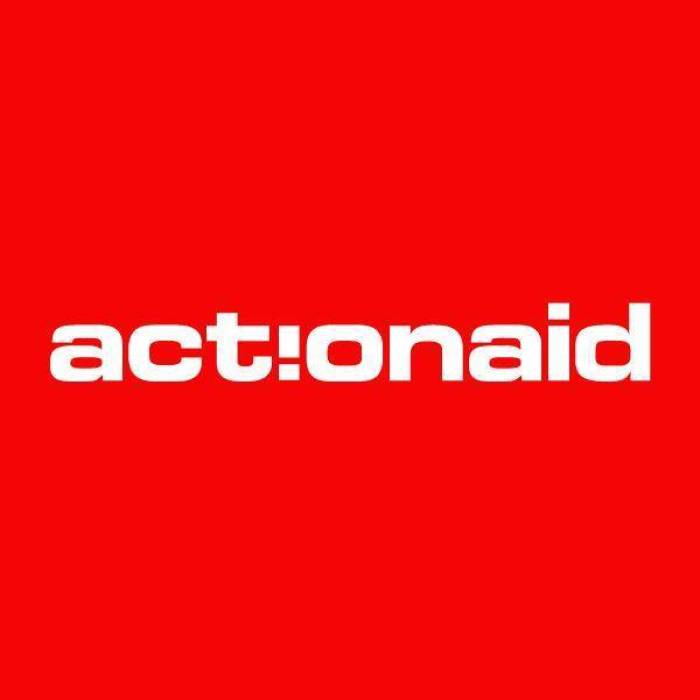The ActionAid Nigeria (AAN) has said that an estimated 82.9 million Nigerians are currently living below the poverty line, as the country is largely an informal economy.
The Country Director AAN, Ene Obi, said this on Wednesday in Abuja at a two-day National Summit on Tax and Development, organized by the AAN as part of it’s Nigeria’s Country Strategy on promoting a transparent and accountable public finance management system that also supports effective gender responsive public service delivery for citizens.
- Neglected Diseases aiding poverty spread in Nigeria -Expert
- Unemployment, poverty fuelling insecurity – Tambuwal
According to her, in Nigeria, small and medium scale business are mainly driven by young people and women, expectedly government incentives, stimulus and credit facilities must target these biggest demography of people, in order to get the economy back on track at the earliest possible time and also tackle the increasing poverty, unemployment and inequality.
She said that in Nigeria and in some other African countries, the tax to GDP ratio remains low.
She said that this low tax revenue trend is among the factors that necessitated the eventual Report of the High Level Panel on Illicit Financial Flows (IFFs) from Africa that was commissioned by United Nations Economic Commission for Africa (UNECA) in 2011 and chaired by the former South Africa President, Thabo Mbeki, which estimates that more than $50bn leaves the African shores annually.
Obi said that the global economic disruption occasioned by the COVID-19 pandemic has also brought into focus the impact of decades of inadequate investment in public services infrastructures, such as health and education.
She noted that Oil represents over 80 percent of Nigeria’s exports, 30 percent of its banking-sector credit, and 50 percent of the overall government revenue, with the drop in oil prices, government revenues are expected to fall from an already low 8 percent of GDP in 2019 to a projected 5 percent in 2020.
“Consequently, the government has had to review its fiscal plan for 2020 with increase in the initial 2020 budget of N10.594trn to N10.81trn in a revised budget despite the challenge of dwindling resources.
“In the last one year, the government has undertaken various reforms to strengthen its tax revenue base, for instance, the Senate passed the Financial Bill which among other provisions raised Value Added Tax (VAT) from 5%-7.5%, the CBN new directives for taxing transactions, stamp duty charges as well exploring other avenues for taxation such as taxing the digital economy amongst others.
“Within the realm of these efforts, citizens are concerned that government’s drive for increased revenue is not taking into consideration the socio-economic conditions of the people, like the increase in food prices, fuel price hike and the increase in electricity tariff,” she said.
Also, the Vice President of Nigeria Labour Congress (NLC), Comrade Joe Ajaero, who represented the NLC President, Ayuba Wabba, said they are committed to all efforts to continue to demand that the Nigerian government act decisively on and around issues of tax justice, especially halting illicit financial flows, while calling on other African sister governments to do same.
According to him, there are no other way to achieve this than to increase the awareness level of individual citizens on the negative effects of illicit financial flows and asset theft in Nigeria.

 Join Daily Trust WhatsApp Community For Quick Access To News and Happenings Around You.
Join Daily Trust WhatsApp Community For Quick Access To News and Happenings Around You.


